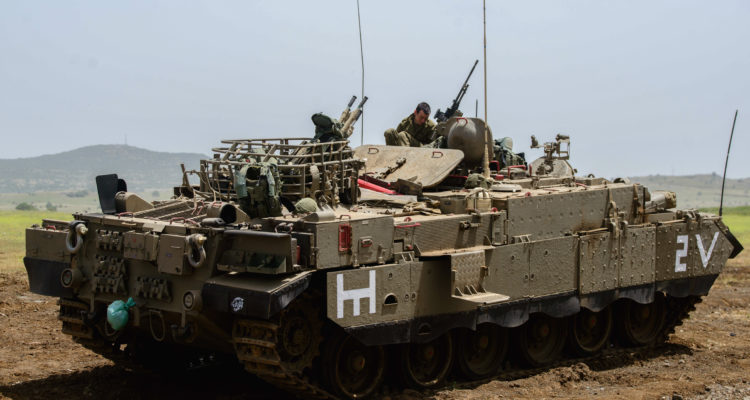The Golan Heights’ mountainous terrain provides critical surveillance points overlooking Damascus, Beirut, and Jerusalem, and from a security perspective, this topographical advantage is invaluable.
Israel’s recent moves to establish a security buffer zone in Syria represent not just tactical necessity, but strategic wisdom in an increasingly volatile Middle East.
While critics may decry this as territorial expansion, they fundamentally misunderstand the security imperatives facing the Jewish state.
Assad’s downfall has created a dangerous power vacuum, with various militias jostling for control near Israel’s borders.
Hayat Tahrir al-Sham’s government in Damascus offers no guarantees of stability, nor do we know if his newfound power will intoxicate him like it did Assad.
More concerning is the persistent threat of Iranian weapons flowing through Syria to Hezbollah in Lebanon.
The Golan Heights’ mountainous terrain provides critical surveillance points overlooking Damascus, Beirut, and Jerusalem. From a security perspective, this topographical advantage is invaluable.
Critics conveniently forget that Israel’s previous withdrawals from territories have often resulted in security disasters.
Since the 1973 Arab-Israeli war, a UN-monitored demilitarized zone of about 400 square kilometers has separated Israeli-held Golan Heights from Syria proper.
Overseen by 1,100 UN peacekeepers, this arrangement was meant to ensure stability. Now, with Syria’s downfall, the UN’s track record suggests it won’t look out for Israel’s survival.
Those wringing their hands about international law such as Saudi Arabia should remember that Israel’s security cannot be sacrificed for failed theoretical legal frameworks.
On Thursday the Kingdom put out a statement condemning Israel’s “occupation” in Syria.
“The Ministry of Foreign Affairs expresses the Kingdom of Saudi Arabia’s strong condemnation and denunciation of the Israeli occupation government’s decision to expand settlements in the occupied Golan Heights and its continued sabotaging of Syria’s prospects for restoring its security and stability. The Kingdom reiterates its call on the international community to denounce these Israeli violations, emphasizing the importance of respecting Syria’s sovereignty and territorial integrity. The Kingdom reaffirms that the occupied Golan is Syrian, Arab land.”
The only international opinion that matters is that of the United States, which under President Trump recognized Israel’s sovereignty over the Golan Heights. His historic recognition back in 2019 acknowledged both Israel’s birthright and, now more than ever, her security realities.





